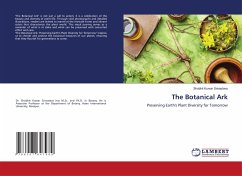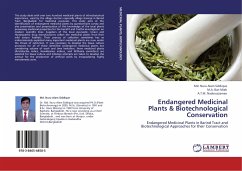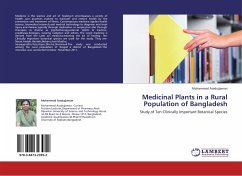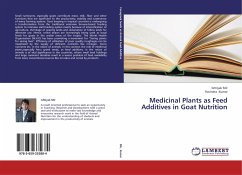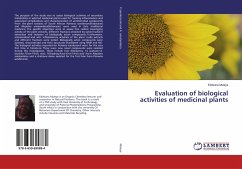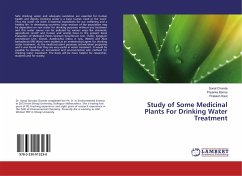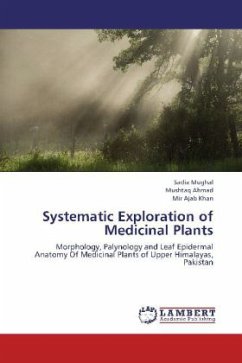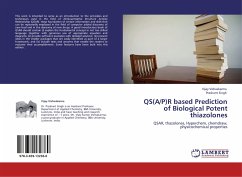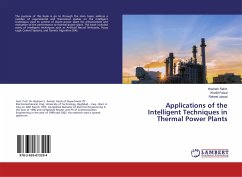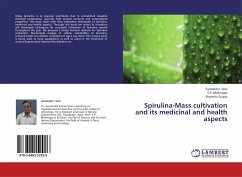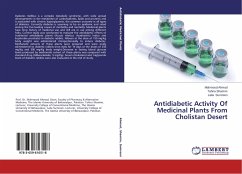
Antidiabetic Activity Of Medicinal Plants From Cholistan Desert
Versandkostenfrei!
Versandfertig in 6-10 Tagen
41,99 €
inkl. MwSt.

PAYBACK Punkte
21 °P sammeln!
Diabetes mellitus is a complex metabolic syndrome, with wide spread derangements in the metabolsm of carbohydrates, lipids and proteins and is associated with chronic hyperglycemia, the common outcome in all types of diabetes. Currently diabetes is assuming to be an epidemic and rated among the five leading causes of morbidity and mortality. Medicinal plants have long history of medicinal use and still are in use among different folks. Current study was conducted to evaluate the antidiabetic effects of traditional antidiabetic plants (Acacia nilotica, Azadirachta indica and Euphorbia prostrate...
Diabetes mellitus is a complex metabolic syndrome, with wide spread derangements in the metabolsm of carbohydrates, lipids and proteins and is associated with chronic hyperglycemia, the common outcome in all types of diabetes. Currently diabetes is assuming to be an epidemic and rated among the five leading causes of morbidity and mortality. Medicinal plants have long history of medicinal use and still are in use among different folks. Current study was conducted to evaluate the antidiabetic effects of traditional antidiabetic plants (Acacia nilotica, Azadirachta indica and Euphorbia prostrate) in diabetic rabbits. Alloxan at the dose of 150 mg/Kg body weight was administered intraperitoneally to induce diabetes. Methanolic extracts of these plants were prepared and were orally administered to diabetic rabbits once daily for 14 days at the doses of 250 mg/Kg and 500 mg/Kg body weight.Decrease in fasting blood glucose levels produced by methanolic extract of these plants was compared with standard drug (Glibenclamide, 5 mg/Kg). Serum cholesterol and triglyceride levels of diabetic rabbits were also evaluated at the end of study.



